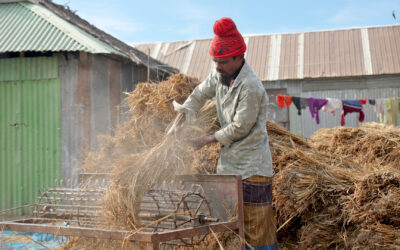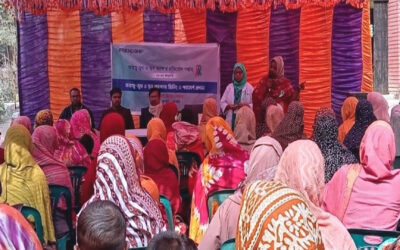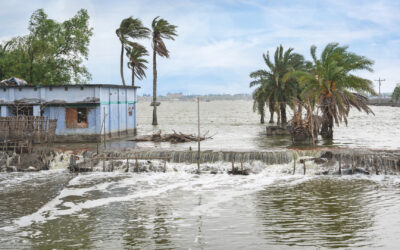20 things that make Friendship the organisation that it has grown to be
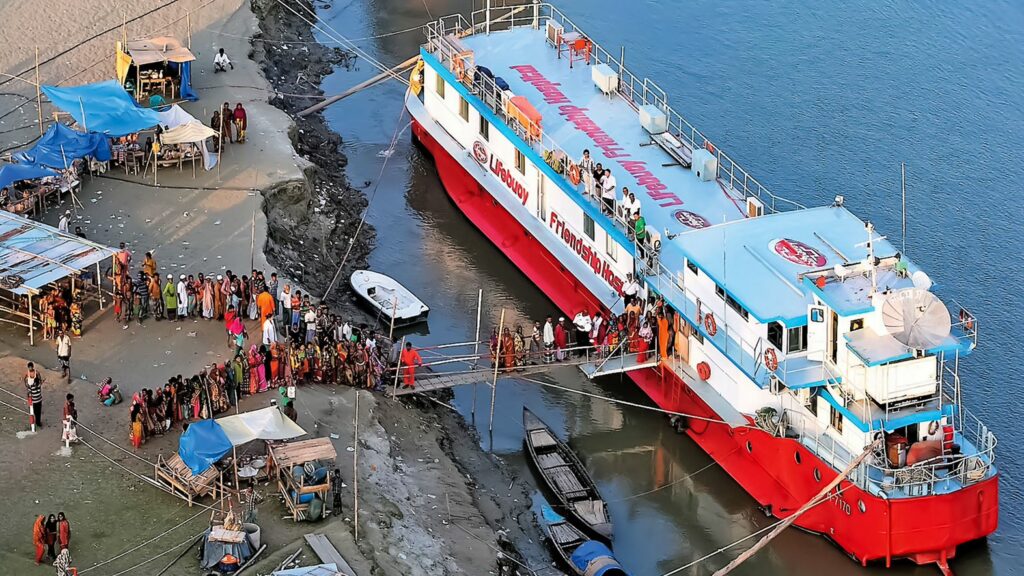
by Raeed Abd-Allah Chowdhury
November 6, 2022
Since its inception, Friendship has had to innovate to meet the requirements of the unique geo-logistical, socio-economic, and environmental challenges and parameters of the sedimentary deltaic islands of the north, the coastal communities of the south, and even the Rohingya camps in Ukhiya and Bhasan Char.
Bangladesh is the seventh most climate-affected country in the world, according to the Global Climate Risk Index, and the areas that Friendship works in are some of the worst affected. As such, the organisation has had to develop means, measures, and methodologies that bypass the isolation, lack of resources, climate conditions, and lack of resources, while being environmentally conscious and putting the needs of the communities first.
These need-based, scalable, replicable development solutions are fine-tuned to the unique circumstances of each area, and all work towards giving people opportunity, dignity, and hope. These twenty milestones, in particular, illustrate the point through as many years of work.
Floating hospitals – Friendship pioneered floating hospitals in the riverine islands of the Brahmaputra, providing high quality services, free of cost to remote and unaddressed communities
Friendship Hospital Shyamnagar – A hospital whose walls and courtyards are designed to heal… not only its patients’ bodies but also their souls.
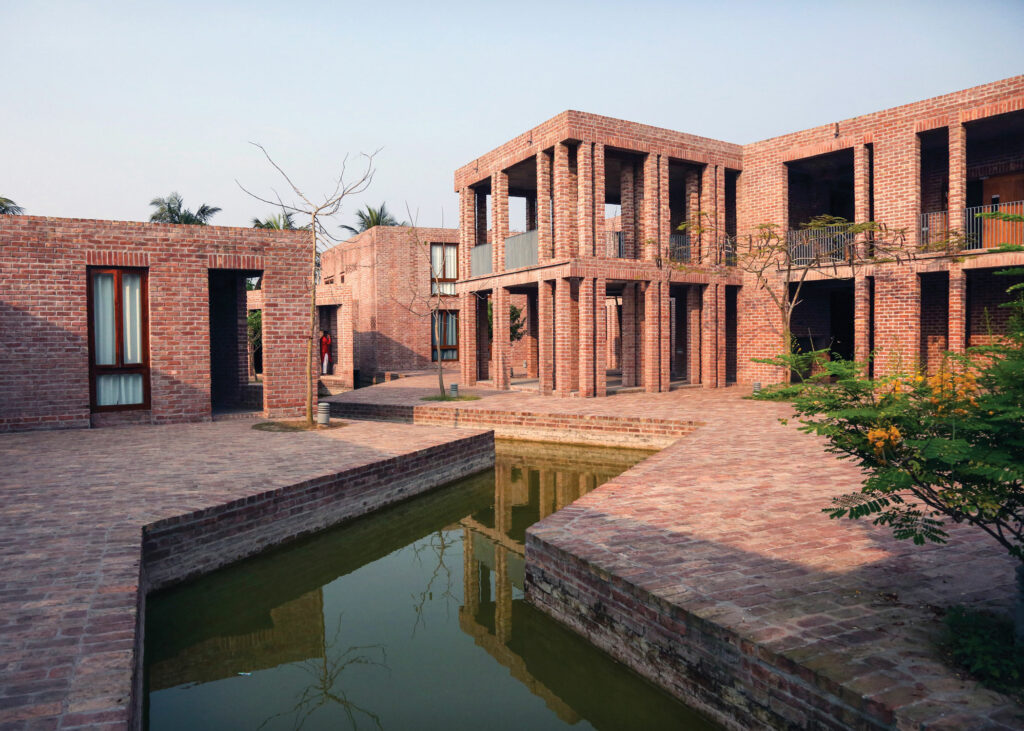
Three-tier healthcare system, featuring mHealth – Taking healthcare to places where conventional systems cannot function, using trained medic-aides equipped with a mobile application developed in-house, and satellite clinics in addition to hospitals.
A cyclone shelter tailored to local needs – A fully concrete structure with specially designed windows to withstand high wind speeds and protect people, and a spiral ramp around the building to safeguard their cattle (their most valuable possession).
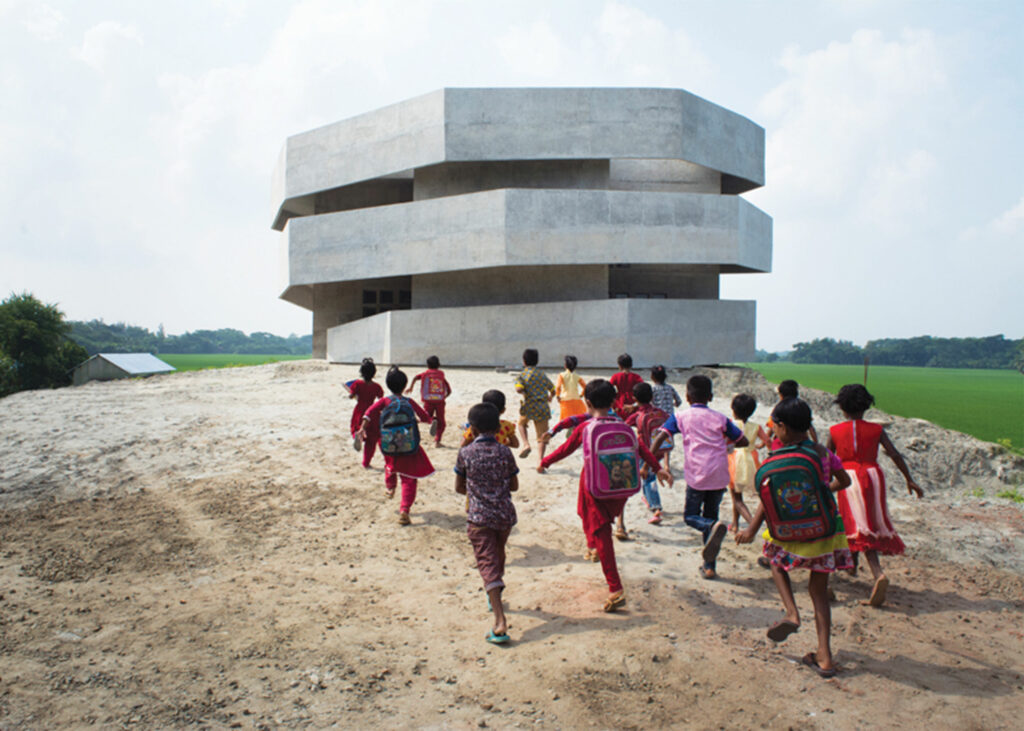
Plinths: platforms to rebuild from – Oval cluster villages elevated well above flood levels, that are designed not just as a shelter, but also a platform to rebuild after being displaced and dispossessed by climate disasters.
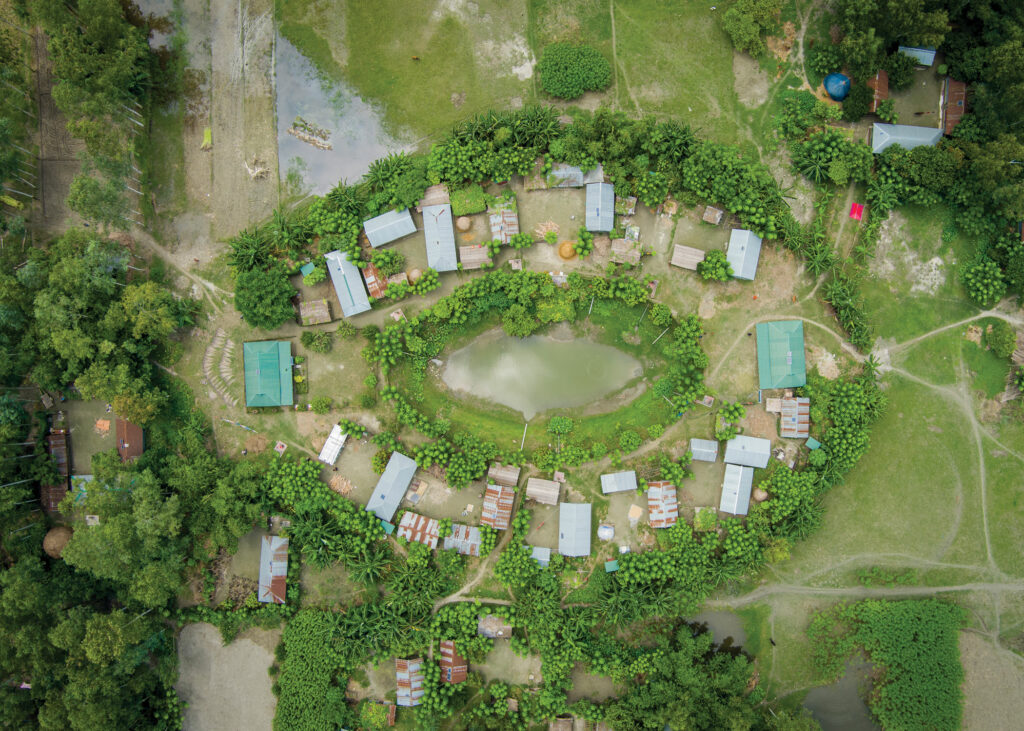
Mangrove afforestation by and for the people – Community-managed mangrove plantations that protect coastal habitations from storm surges and cyclones, while removing carbon from the atmosphere and enriching the environment. The project also includes the largest private-sector mangrove nursery in Bangladesh.
Community-initiated climate action – Empowering communities to identify their own vulnerabilities, and initiate programmes to protect themselves.
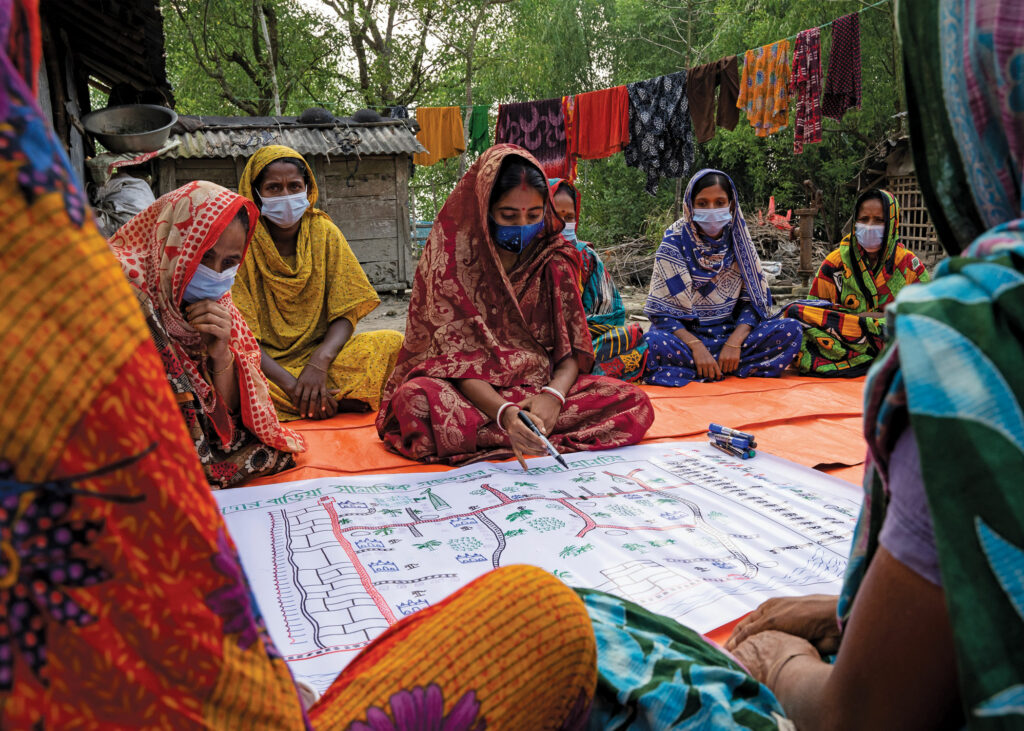
Flood volunteers – Teams of well-trained young men and women in each community, who are dedicated to ensuring the safety of its members and their possessions during floods.
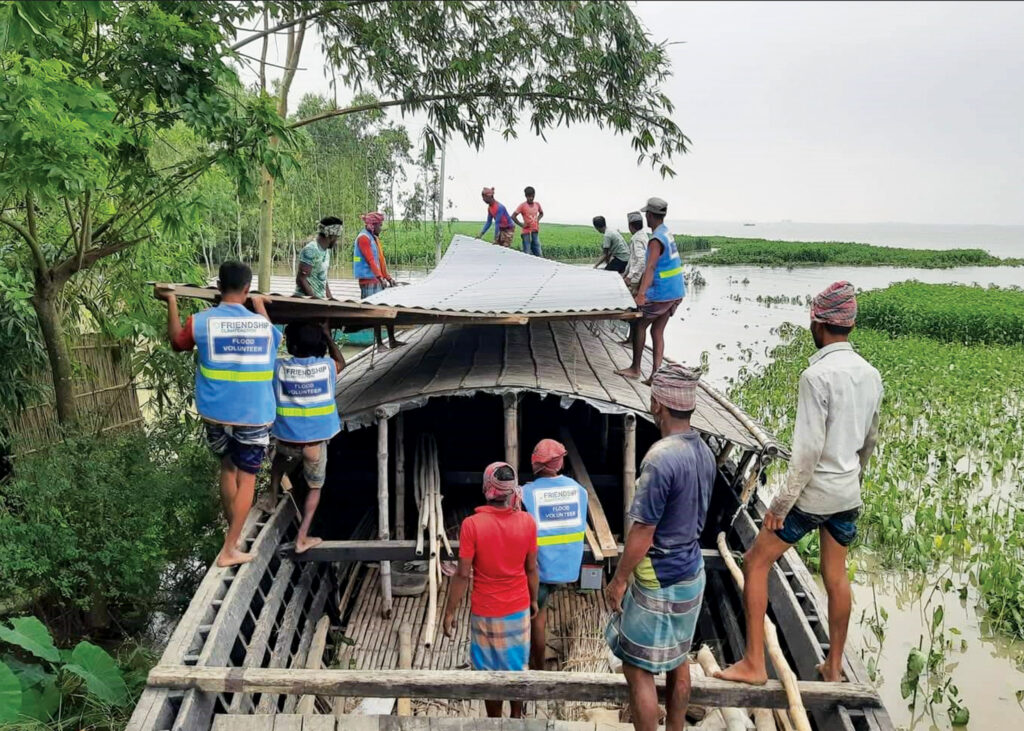
The first slow fashion brand in Bangladesh by the weavers of the chars – Empowering women artisans in remote communities and taking their work to global retail outlets, while promoting sustainable living.
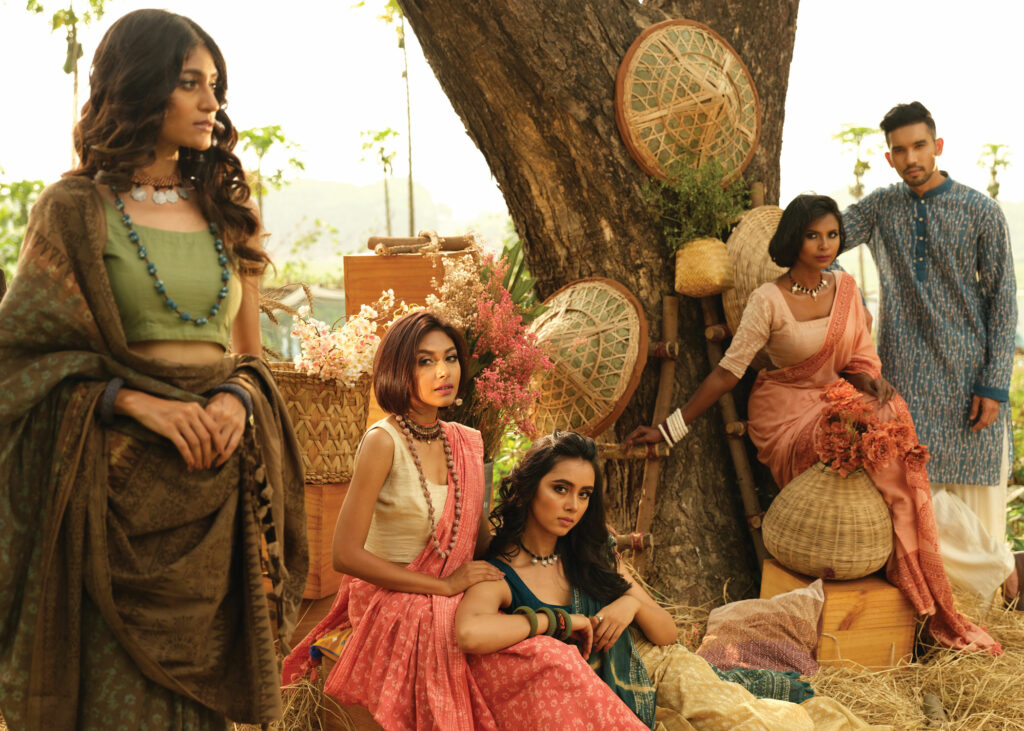
Contic: Friendship tours of the rivers – Keeping the most prolific boatmaking craft in the world alive by patronising its artisans, who invented ways to document the traditional wooden sailboats by making miniature replicas and giving river tours on the B613, the oldest living malar.
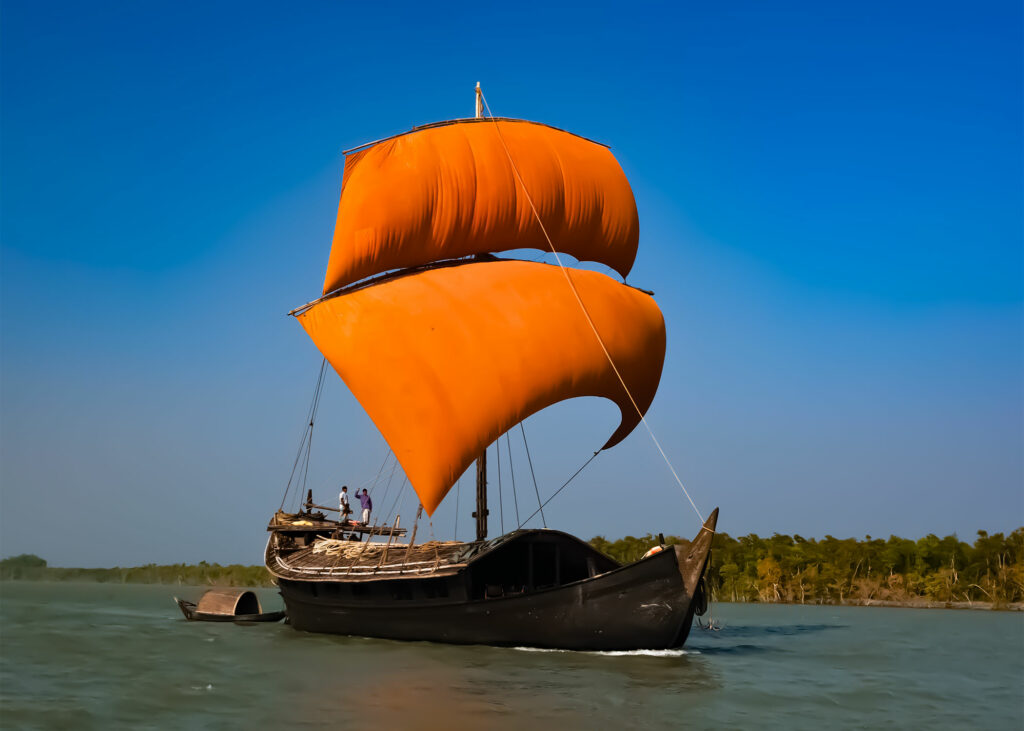
Community-maintained solar village – A pioneering solar-powered microgrid maintained by solar technicians recruited from within the community and trained by Friendship. These technicians are also innovators and entrepreneurs, tailoring solutions for their communities.
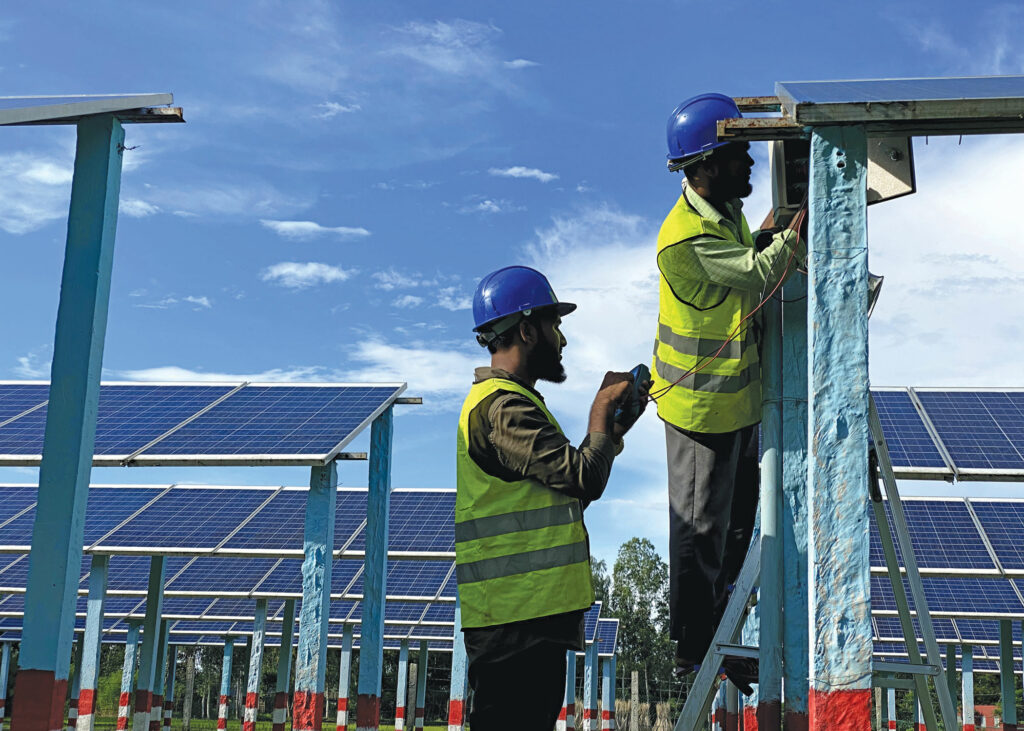
Climate resilience funding: a ticket to emancipation – Transitional funds to help families ruined by climatic disasters to get back on their feet and into the mainstream economy. A system to liberate poor farmers and fishermen from unending cycles of debt, while ensuring lenders are not alienated.
Community paralegals bringing access to justice – Connecting communities to vital services through the training of community paralegals and spreading understanding of the socio-political ecosystem they live in.
Theatre to address hidden social issues – Vital information and awareness on sensitive subjects such as child marriage and domestic violence through a relatable, local medium.
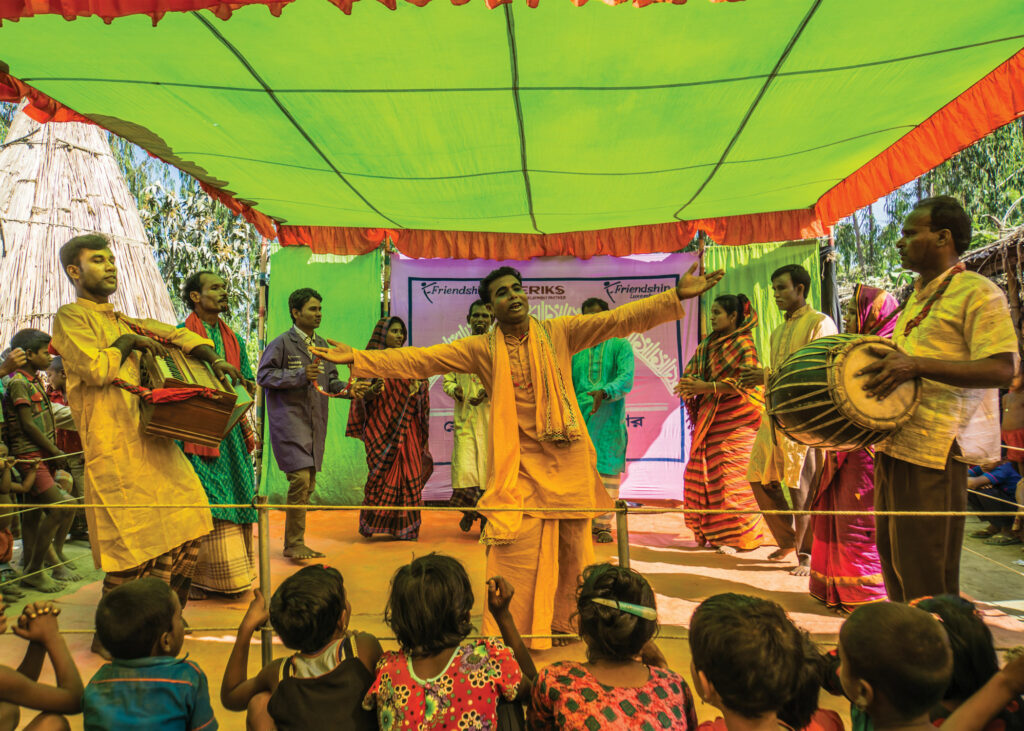
Moving schools for moving islands – In the most isolated and unaddressed communities, training people with a basic education to be teachers in dismantlable, solar-powered, IT-enabled schools, thereby taking education where it was once impossible.
Mobile sports library – A sporting facility on wheels, bringing joy, social and physical well-being so that the children of a traumatised community can grow and learn.
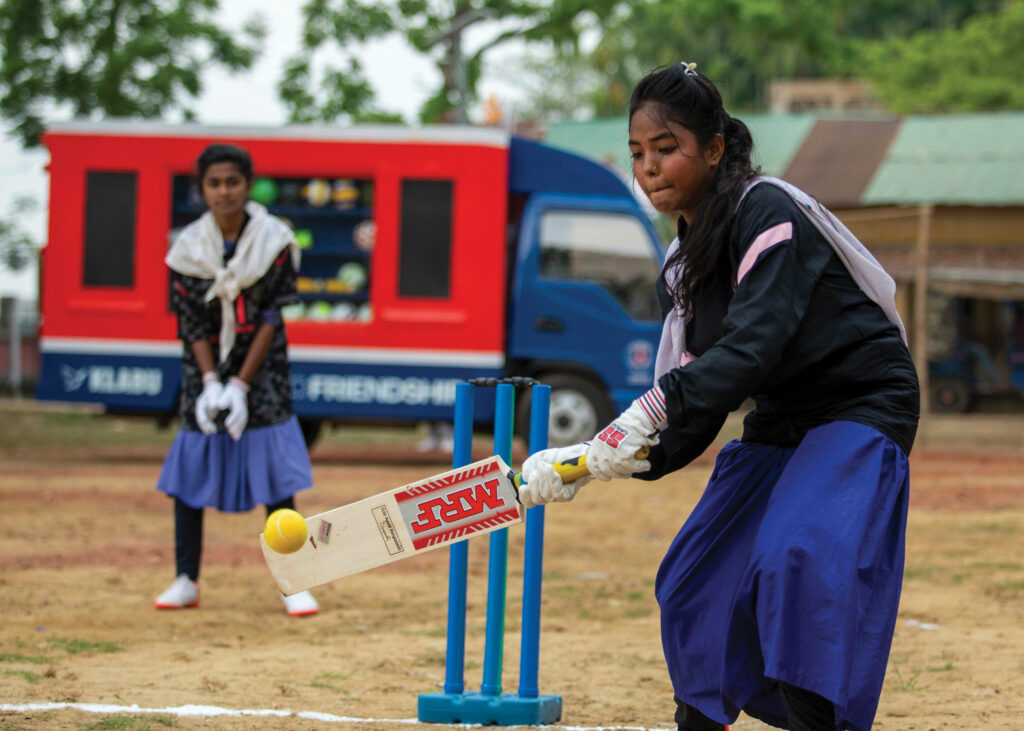
Students connected globally for climate change – Utilising the power of 21st-century communications to bring children of the remote, climate-impacted char communities face-to-face with their counterparts in France and beyond.
Farmers’ Clubs: cultivating prosperity – Hubs of innovation, formed by enterprising farmers to exchange knowledge based on practical experience and modern techniques.
From no primary schools to a world of opportunity – 20 years ago, these communities had no access to schools. Today our schooling, followed by the career guidance cell, give a generation of char students unprecedented opportunities to enter universities and global careers.
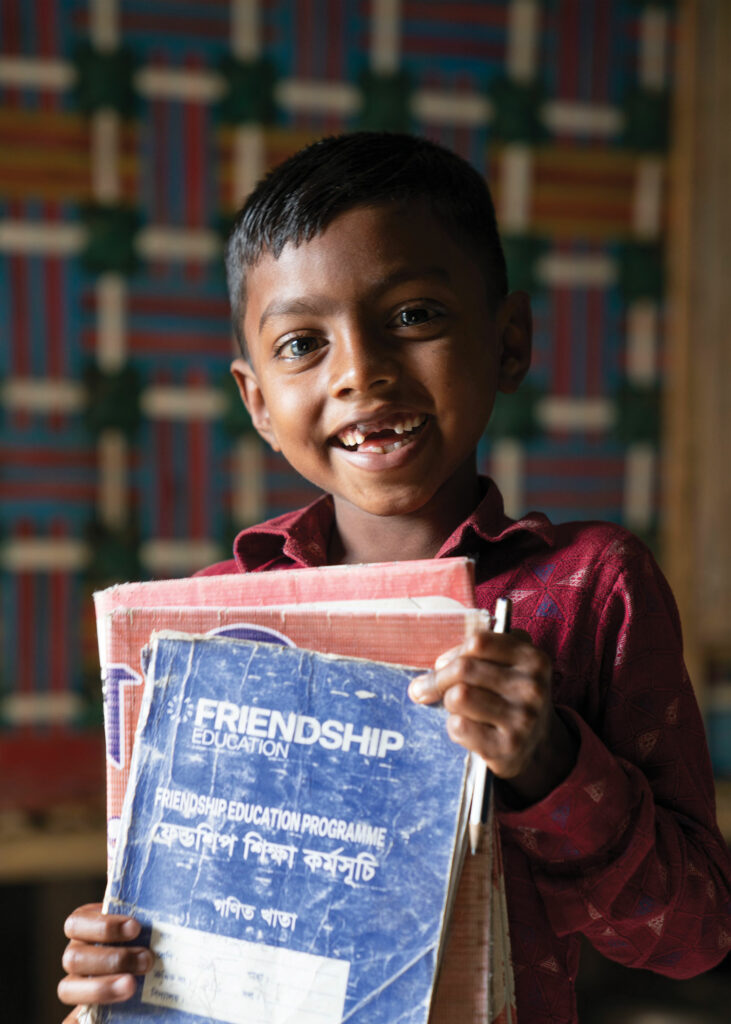
Bridging the north-south funding dichotomy: a global team – An international organisation that develops long-term equal partnerships to best serve the communities we work for.

